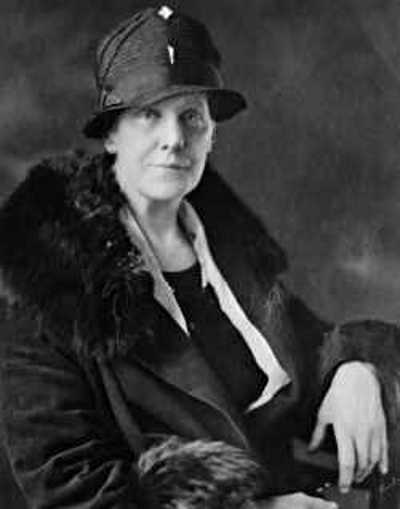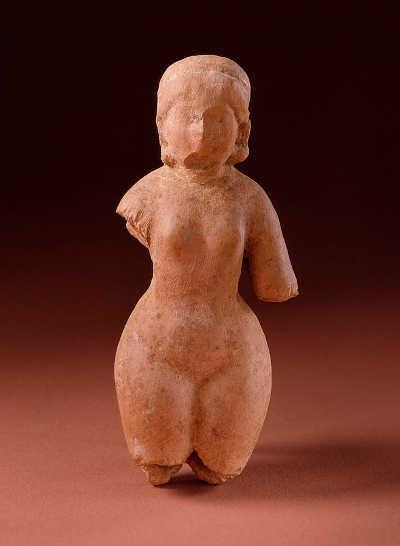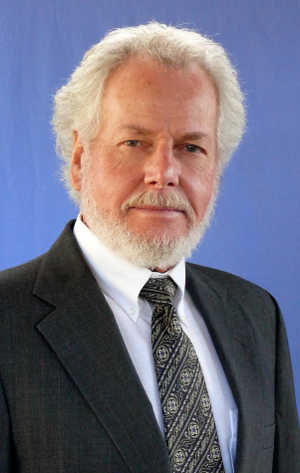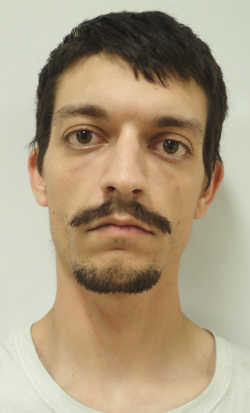
This week in history celebrates mothers the world over and takes a quick look into the unique history of Mother’s Day.
May 9, 1914
Sometimes it goes without saying too often, so let me be clear: Mothers are amazing. More than that, they have long been recognized as an integral – perhaps even the most integral – part of a healthy society.
So fundamental are mothers to our species that some of the earliest civilizations around the globe worshiped them as goddesses. Or, rather, they worshiped an idealized image of a mother.
Characteristics of fertility, protection, love and care were embodied in these early deities. Small figurines made of clay, stone and metal found throughout the world show different cultures’ surprisingly similar idea of a mother goddess. Invariably these early idols show a figure of wide hips and large breasts, an exaggerated representation of fertility.
Once we developed writing systems, we gave names to these goddesses. Ancient Mesopotamia, the very cradle of Western Civilization, had no fewer than three different motherly goddesses: Nintur, Ninmah and Belet-ili.
The ancient Egyptians had Mut and Isis, both goddesses playing the part of “divine mother” in different periods.
The ancient Greeks had Rhea in their pantheon and the Romans had Rhea too, as well as Cybele.
In Hinduism the figure of Durga, from whose forehead the goddess Kali sprang, serves this role of fertility and motherly care.
Before you scoff and think mother goddesses only existed in ancient (or “exotic”) religions, remember that even Christianity has a mother figure in its belief system: the Virgin Mary.
Each of these societies celebrated their goddesses during festivals and other designated days of worship.
The Roman festival celebrating the goddess Cybele started on the ides of March (March 15), and included masquerades, picnics, copious drinking and countless other frivolities. Celebrants of this goddess were quite rowdy and the festival lasted until the end of the month. Talk about a crazy Mother’s Day!
Although it might be said that the deep roots of mother goddess devotion paved the way for our own devotion to our mothers, Mother’s Day as we know it actually had nothing to do with them. In fact, it had nothing to do with mothers at all.

The Mother’s Day that we are all familiar with has its roots in 16th century England when English parishioners took off from work the fourth Sunday of lent to attend their “mother,” or local church for a special service.
This Sunday marked the midway point in lent and was a time to take stock of the season and, increasingly, to spend time with family. These celebrants were said to be going “a-mothering.” This phraseology eventually inspired people to call this Sunday, Mothering Sunday.
Somewhere along the way, this purely Christian devotional day got tangled up with our love of mothers and family more generally.
Some have looked back and assumed that Mothering Sunday was always originally intended to celebrate mothers, but chances are it simply grew into that. After all, a return to one’s hometown for any sort of celebration inevitably means a visit to one’s mother (or at least it should!).
By the late 19th and early 20th centuries, Mothering Sunday was only practiced in England and parts of Ireland and, spottily, in Europe. At home in America, no such holiday was observed.
This all changed in 1872 when Julia Ward Howe, an activist and writer of the famous “Battle Hymn of the Republic,” suggested that the nation celebrate Mother’s Day on June 2.
Originally intended to be a celebration of peace and disarmament rather than motherhood (or anything related to the original Mothering Sunday), Howe’s fiery call to (peaceful) arms went unnoticed.
The torch was picked up decades later by Anna Jarvis, a nurse during the American Civil War and by the early 20th century an advocate for public health.
When her mother died in 1905, Anna began advocating for the nation to celebrate all mothers. In 1908, she led the first ever celebration of Mother’s Day when she held a memorial to her own mother at Andrews Methodist Episcopal Church in Grafton, West Virginia.
Within a few years most states in the nation were observing some sort of Mother’s Day. Finally, on this day in 1914 President Woodrow Wilson signed a proclamation declaring that the second Sunday in May be America’s Mother’s Day.
Within a depressingly short period of time, Mother’s Day became extensively commercialized, with cards and other mementos available for purchase and gifting to one’s mother.
Anna Jarvis was supposedly deeply grieved by this materialistic hijacking of what she intended to be an introspective day of thanks to the important role mothers play in all of our lives.
Inspired by Anna’s work in America, advocates in England began pushing to rejuvenate their Mothering Sunday celebration. It took American soldiers stationed in England during WWII to really invigorate the British into seeing the merits of the holiday.
By the middle of the century, what was once a Christian day of celebrating the season of lent had been neatly transformed into a day to honor mothers.
From ancient idols and weeks-long festivals to Christian celebrations of lent, the way to our own modern-day Mother’s Day certainly took a circuitous route.
In the end, however you choose to celebrate your mother, remember that they were once revered as goddesses. Think about that before you choose a gift for her. After all, I’m sure you can do better than a cheap bouquet of flowers and a Hallmark card!
Antone Pierucci is the former curator of the Lake County Museum in Lake County, Calif., and a freelance writer whose work has been featured in such magazines as Archaeology and Wild West as well as regional California newspapers.


 How to resolve AdBlock issue?
How to resolve AdBlock issue? 










